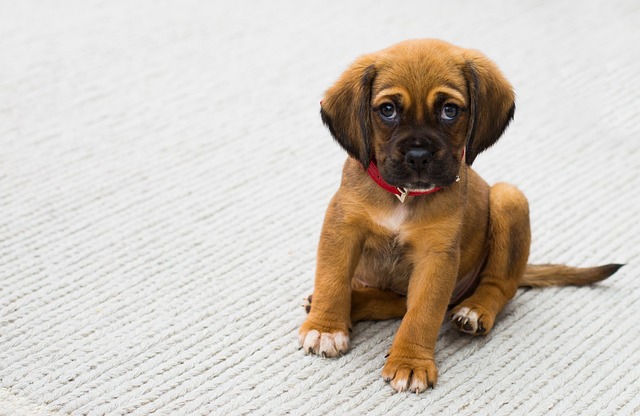
Is standing for a long time harmful to a dog's body
When we see dogs performing on their hind legs in circuses or street entertainers training dogs to stand for prolonged periods to beg,
When we first brought the furry Husky puppy home and watched it curiously sniff every corner with its nose, our hearts were filled with the value of this little life. While enjoying the joy it brings, how to protect its health has become the most concerned thing for every owner, and vaccination is an important part of building a health defense line for Huskies. To understand the optimal time for Husky to get vaccinated, it is not only necessary to follow the professional norms of veterinary medicine, but also to show love for this "furry child" and use scientific arrangements to safeguard its growth.
Husky puppies' breast milk obtained from their mother contains precious maternal antibodies, which are the earliest immune barrier for them after coming to the world. However, the level of maternal antibodies will gradually decrease as the puppy is weaned, and generally around 4-6 weeks after birth, the antibody concentration becomes insufficient to resist the invasion of external pathogens. At this point, it is necessary to start planning a vaccination plan for Husky. The first dose of vaccine is usually chosen as the puppy dual vaccine, mainly used to prevent canine distemper and canine parvovirus, two infectious diseases that pose great harm to puppies. I remember the first time I took my little Husky, who had just turned 45 days old, to the pet hospital. He nervously curled up in the suitcase, his little tail gently sweeping the bottom of the suitcase. The veterinarian's gentle touch and professional explanation made us understand that this injection was not only a medication that pierced the skin, but also the key to opening the door to healthy growth for him.
After the first dose of vaccination, subsequent immunizations should be administered 3-4 weeks apart. At 6-8 weeks of age, Huskies need to receive a second dose of vaccine, usually a quadruple or quadruple vaccine. In addition to preventing canine distemper and parvovirus, it can also cover various infectious diseases such as canine infectious hepatitis and canine parainfluenza. At this stage, Huskies are in a lively and active period, enjoying exploring the world with their mouths and easily contracting pathogens through contact with the external environment. Timely vaccination is like putting an invisible "protective armor" on them, giving them an extra layer of security when exploring the world. I once saw a Husky puppy that was not vaccinated in time, but was infected with parvovirus due to contact with the secretions of a sick dog. Watching it weakly lying on the ground, the owner's anxious eyes were heart wrenching, which also made us more aware of the importance of getting vaccinated on time.
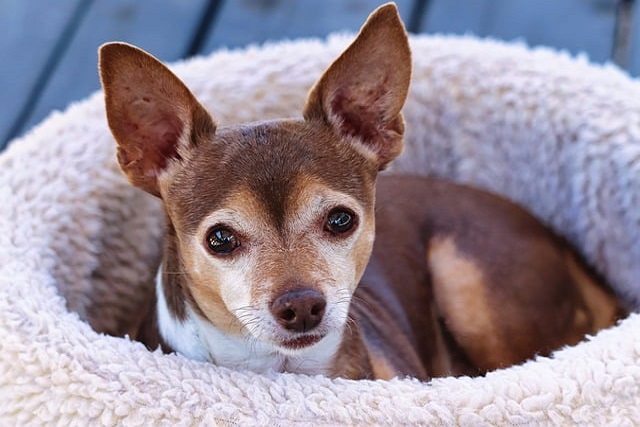
At 8-12 weeks of age, Huskies need to receive a third dose of vaccine, usually six or seven doses, to further expand their immune range and enhance their resistance to more pathogens such as rabies virus. At this point, Huskies had gradually adapted to family life and began to establish a deep emotional connection with their owners. They would wag their tails and follow behind their owners, rubbing their wet noses against their palms. Getting vaccinated on time is one of the ways we repay this trust. After the vaccine is injected into the body, it stimulates the immune system of Huskies to produce specific antibodies. When the real pathogen invades, these antibodies can quickly recognize and attack, protecting their bodies from disease invasion. This process is like building an "immune army" within their bodies, and the timing of vaccination is the key to training this army.
After completing the first three doses of the core vaccine, Huskies need to receive the rabies vaccine when they reach 3 months of age (approximately 12-16 weeks of age). Rabies is a highly lethal zoonotic disease that is crucial for the safety of both Huskies and humans. This rabies vaccine is not only for the protection of Huskies, but also for the responsibility of the surrounding population. When taking the three month old Husky to get vaccinated against rabies, it had already grown into a somewhat mischievous "little troublemaker" and curiously looked at other pets in the hospital. However, when the needle pierced, it still whimpered with grievance. At this moment, gently stroke its head and tell it that this is for its own good, as if you can see a hint of naive understanding in its eyes, which makes people feel both heartbroken and relieved.
After vaccination is completed, it does not mean the end of immunization work. At the age of one, Husky needs to undergo a booster immunization to strengthen the protective effect of the vaccine. Because over time, the level of antibodies in the body gradually decreases, booster shots can help the immune system "remember" pathogens again and maintain sufficient antibody concentration. Afterwards, conduct an annual vaccine booster immunization and antibody testing for Huskies, adjust the immunization plan based on the test results, and ensure that they are always under effective immune protection. Watching the Huskies run freely on the grass as they grow up, with their hair shining brightly in the sunlight, one can feel that every rush to get vaccinated on time was worth it. The timing of those vaccinations connects us to safeguard their lifelong health.
The time to vaccinate Husky is not a cold number, but a warm health agreement. From its first vaccination as a puppy to its annual booster immunization as an adult, every moment carries the owner's love and care for it. When we walk with the healthy and lively Husky in the sunshine, watching it wag its tail carefree, we will understand that scientifically planning the vaccination time is the most solid health gift we can give to this furry companion, allowing it to accompany us with strong vitality and share every beauty of life in the long years.

When we see dogs performing on their hind legs in circuses or street entertainers training dogs to stand for prolonged periods to beg,
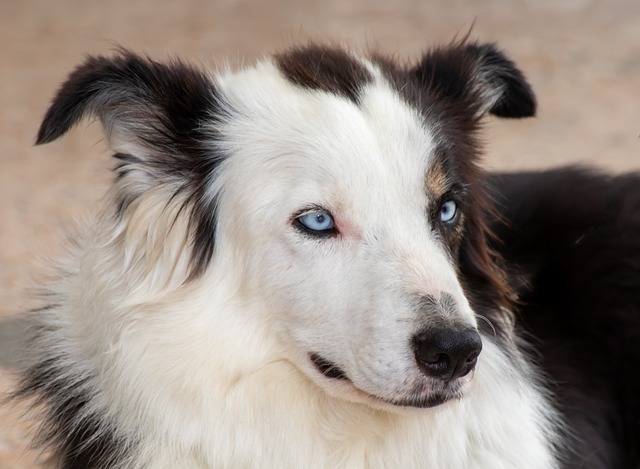
When we prepare to greet the dog's warm greeting as usual, we find that the once bright and clear eyes have become red and swollen, and the dog keeps scratching with its claws, with a look of discomfort and helplessness in its eyes.
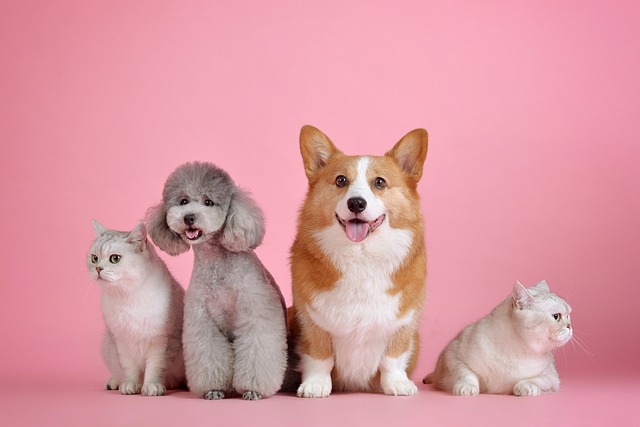
When you notice your beloved dog constantly scratching, biting itself, or see its once-smooth coat becoming red, swollen,
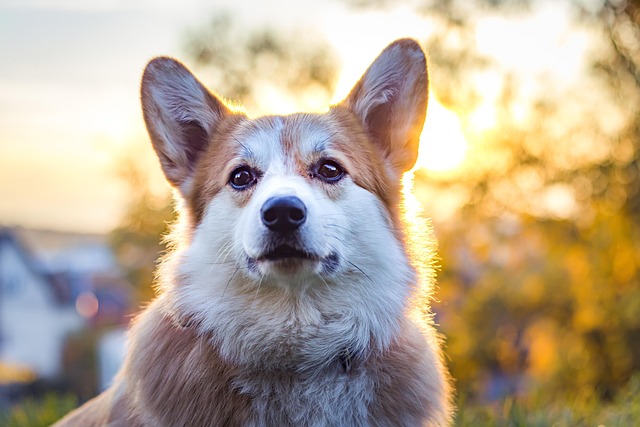
When you see your beloved dog constantly scratching or notice suspicious black specks in its smooth fur, it’s natural to feel concerned. Parasites are a common health issue for dogs,
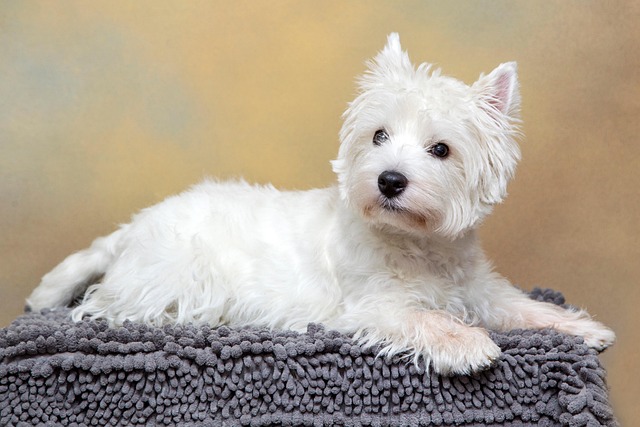
When we look into the eyes of dogs, the originally bright and clear eyes suddenly show distressing red bloodshot, and even become swollen and secrete more.
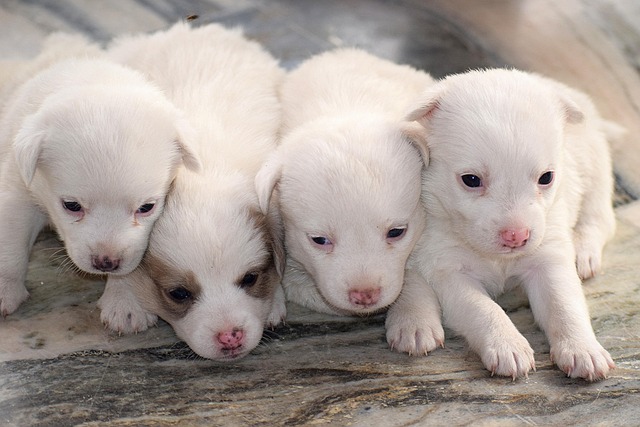
At the moment when the door closes, there comes the heart wrenching barking of dogs inside the house, or when they come home and see a chewed sofa and scattered slippers,